Politics
Obasanjo Knelt Down For Atiku In 2003 -Wole Soyinka

Former President Olusegun Obasanjo knelt down for then Vice President Atiku Abubakar in his desperate bid to secure the ticket of the Peoples Democratic Party (PDP) for the 2003 poll, according to Professor Wole Soyinka.
The revelation came yesterday as the Nobel laureate gave a rare insight into the high-stake lobbying and negotiations that preceded the PDP’s presidential primaries in which Atiku was highly favoured to win at the expense of his then boss Obasanjo.
Besides, Soyinka spoke on how genuine efforts by Chief Bola Ige to reposition the energy sector as Power Minister between 1999 and 2000 were sabotaged by Obasanjo.
Soyinka was replying a question at a special reading session to mark the presentation of his latest book, “Quis Custodiet Ipsos Custodes?: Gani’s Unfinished Business”, at the Freedom Park, Lagos.
Speaking at the event, Mr. Louis Odion, one-time Edo State Information Commissioner and The Nation columnist, asked the literary giant whether he believed a sensational claim last year by Ekiti State Governor Ayodele Fayose of witnessing Obasanjo going down on his knees in Tripoli before the late President Muamar Ghaddafi in his desperate bid to secure the Libyan strongman’s support for an extension of his chairmanship of the African Union (AU), since the former Nigerian President has neither denied nor confirmed the account.
Fayose’s account was published by an Abuja-based monthly magazine, The Interview.
Ghaddafi was younger than Obasanjo. Libya is smaller in size and population compared to Nigeria.
Responding, Soyinka said he had no cause to doubt Fayose, given his knowledge of how Obasanjo did the “unthinkable” when his aspiration for a second term in office was similarly threatened in 2003.
Said he: “Before the PDP primaries in January 2003, Obasanjo got everyone he knew could reach me on the surface on the earth including Yemi Ogunbiyi and my son, to get me to help him intercede when it was clear that (Abubakar) Atiku was in a position to take his job. He knew Atiku had a lot of regard for me and calls me ‘Uncle’.”
In the now famous BBC interview few days to PDP’s 2003 primaries, Atiku had declared that he was under tremendous pressure from his supporters to contest the ticket against Obasanjo but was yet to make up his mind in what triggered panic in Obasanjo’s camp.
“The pressure was intense,” the literary giant recounted. “Of course, I could not have knelt before Atiku not to embark on a course of action that would lead to his boss’ disgrace. But I can confirm to you that Obasanjo as President knelt down before Atiku so that he would not lose his job.
“But I warned Atiku that for making Obasanjo to kneel down for you, be sure you would have to pay heavily for that. I guess my warning came to pass if you remember Atiku’s dramatic change of fortune once Obasanjo was sworn in for a second term of office.”
As expected, yesterday’s book reading turned out a day of reminiscences of many bizarre dramas and unsavory episodes that characterised Obasanjo’s reign as two-term president betweeen 1999 and 2007. The panel of disscussants included frontline rights activist-lawyer Femi Falana (SAN) and Mr. Sam Omatseye, author and Chairman of “The Nation” Editorial Board, and was moderated by Mr. Kunle Ajibade, award-winning author and Executive Director of “TheNews/Tempo”.
The roll-call at the event included literary colossus Prof. J. P. Clark, Colonel Tony Nyiam (retd) and Mr. Jahman Anikulapo.
Dispelling the notion that the long-running disagreement he has with Obasanjo is personal, Soyinka said his motivation is the desire that those he described as cause of the nation’s problems do not continue to recycle themselves as the solution.
He also dismissed Obasanjo as a hypocrite for denying that he did not have a hand in the third term agenda in 2006.
Said the playwright: “I remember I was invited to a conference in Germany around the time the third term game was unfolding in Nigeria. Then, I received thi
Politics
Governor Sani Commissions 35km Road Linking 76 Communities, Longest in Kaduna Since 2004
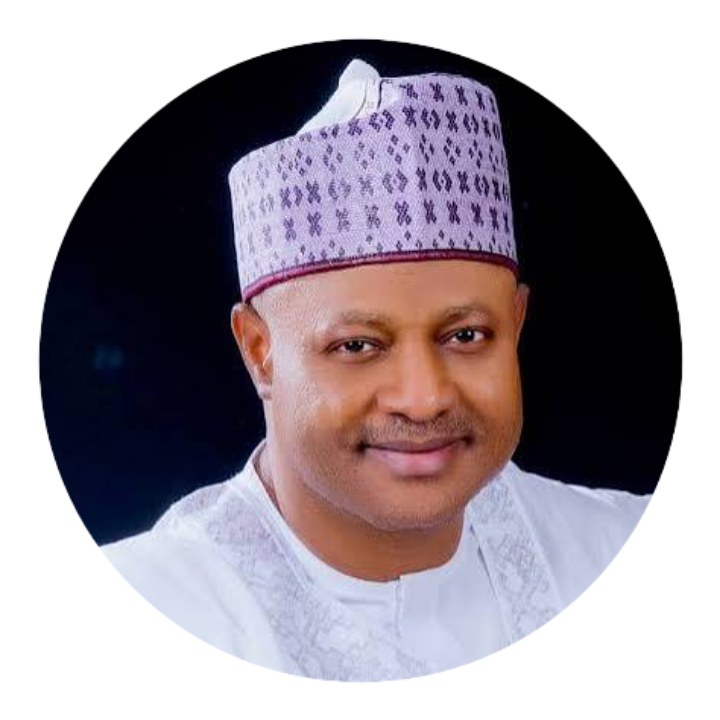
Kaduna State Governor Uba Sani has commissioned a monumental 35-kilometre asphaltic road described as the longest single infrastructure project delivered in the state over the past two decades, connecting 76 farming communities across three local government areas.
The historic road, inaugurated on Monday at a ceremony attended by traditional rulers, community leaders and residents, stretches from Gadan Gayan through Gwaraji to Kujama Junction, linking Igabi, Kajuru and Chikun local governments.
A standout feature of the project is a 130-metre bridge spanning River Kaduna, providing vital access to rural populations who had previously faced isolation during rainy seasons when the waterway became impassable.
Governor Sani characterized the infrastructure delivery as a watershed moment in Kaduna’s development trajectory, emphasizing that the project reflects his administration’s commitment to inclusive, people-centered governance that prioritizes underserved communities.
The governor recalled that when construction commenced in January 2024, his administration promised to deliver a durable and efficient transport corridor, adding that disciplined planning and professional execution ensured that pledge was fulfilled within record time.
Beyond physical mobility, the road addresses critical economic needs by creating direct linkages between agricultural production zones and commercial consumption centers across the state.
“By traversing agriculturally productive rural communities across three local government areas, this road directly links farms to markets, aggregation centers, processing facilities, and urban consumption hubs,” Governor Sani explained, noting the infrastructure would dramatically reduce post-harvest losses while strengthening agricultural value chains.
The governor highlighted that agriculture remains the leading contributor to Kaduna State’s gross domestic product growth, making rural connectivity essential for sustaining the sector’s economic dominance.
Early indicators suggest the infrastructure investment is already generating multiplier effects, with new filling stations, markets and small businesses emerging along the corridor even before formal commissioning.
“This is the quiet but powerful multiplier effect of well-planned infrastructure,” the governor remarked, pointing to the organic economic revival happening in communities previously isolated from development opportunities.
The project specifically targets historical inequities in public infrastructure distribution, particularly in Kajuru Local Government Area, which had not benefited from any road construction initiative for over twelve years prior to this administration.
“This prolonged neglect constrained economic activity, and that reality was unacceptable,” Governor Sani stated, adding that his administration is deliberately reversing decades of underinvestment in marginalized communities.
The commissioned road also provides an alternative route that reduces dependence on the frequently congested Kaduna metropolis, cutting travel time and transportation costs for commuters and traders while improving emergency response capabilities.
“Emergency services will respond faster, schoolchildren will reach classrooms with greater ease, and families will enjoy improved access to healthcare, markets and social services,” the governor noted.
Managing Director of Kaduna Road Agency Abdullahi Baba-Ahmad commended Governor Sani for executing massive infrastructure projects across the state, describing the 35-kilometre road as a landmark achievement that demonstrates commitment to delivering democratic dividends to all parts of Kaduna.
Baba-Ahmad revealed that the current administration has completed over 1,300 kilometres of roads across the state, significantly boosting commercial activities, easing travel and improving productivity.
Governor Sani explained that the commissioned road forms part of a broader infrastructure programme encompassing 140 road projects totaling 1,335 kilometres across Kaduna State, with 66 already completed while others are between 60 and 75 percent completion stages.
The infrastructure push follows an earlier achievement in May 2025 when Governor Sani broke another 20-year road construction jinx in Kagarko Local Government Area, underscoring systematic efforts to end infrastructure neglect across all parts of the state.
Traditional rulers and community leaders who spoke at the commissioning ceremony described the road as transformational, with many residents testifying about revived livelihoods, revitalized local economies and communities emerging from years of isolation with renewed confidence in government.
The project’s completion within approximately 14 months from flag-off demonstrates the administration’s capacity for rapid infrastructure delivery despite Nigeria’s challenging economic environment and budgetary constraints affecting many state governments.
News
Wole Olanipekun, Taiwo Oyedele Urge South-West Governors to Maximise Tinubu Presidency for Regional Growth
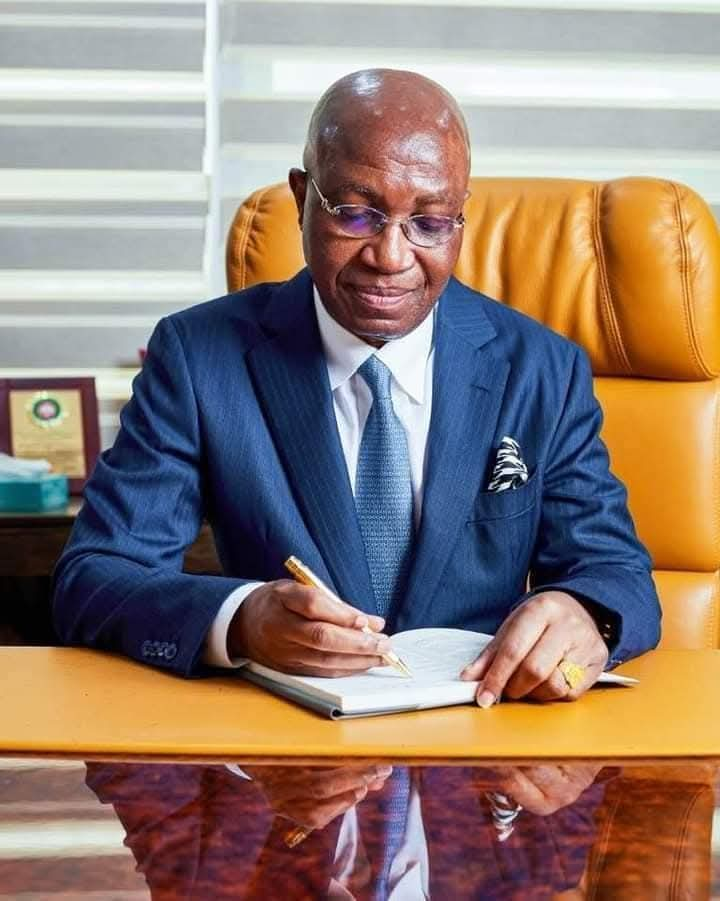
Senior Advocate of Nigeria (SAN), Wole Olanipekun, and Chairman of the Presidential Fiscal Policy and Tax Reforms Committee, Taiwo Oyedele, have called on South-West governors and political leaders to fully leverage President Bola Tinubu’s administration to drive accelerated development across the region.
The duo made the call on Monday in Akure, Ondo State capital, while speaking at a public lecture organised as part of activities marking the 50th anniversary of Ondo State’s creation.
They stressed that the South-West must prioritise massive investments in infrastructure, industrialisation, and economic reforms during Tinubu’s tenure to secure long-term regional prosperity.
Olanipekun cautioned that the political advantage of having a South-West president is temporary, noting that President Tinubu’s tenure will come to an end after his second term in 2031.
According to him, the region must act decisively within this window to strengthen its economic base and ensure sustainable development beyond the current administration.
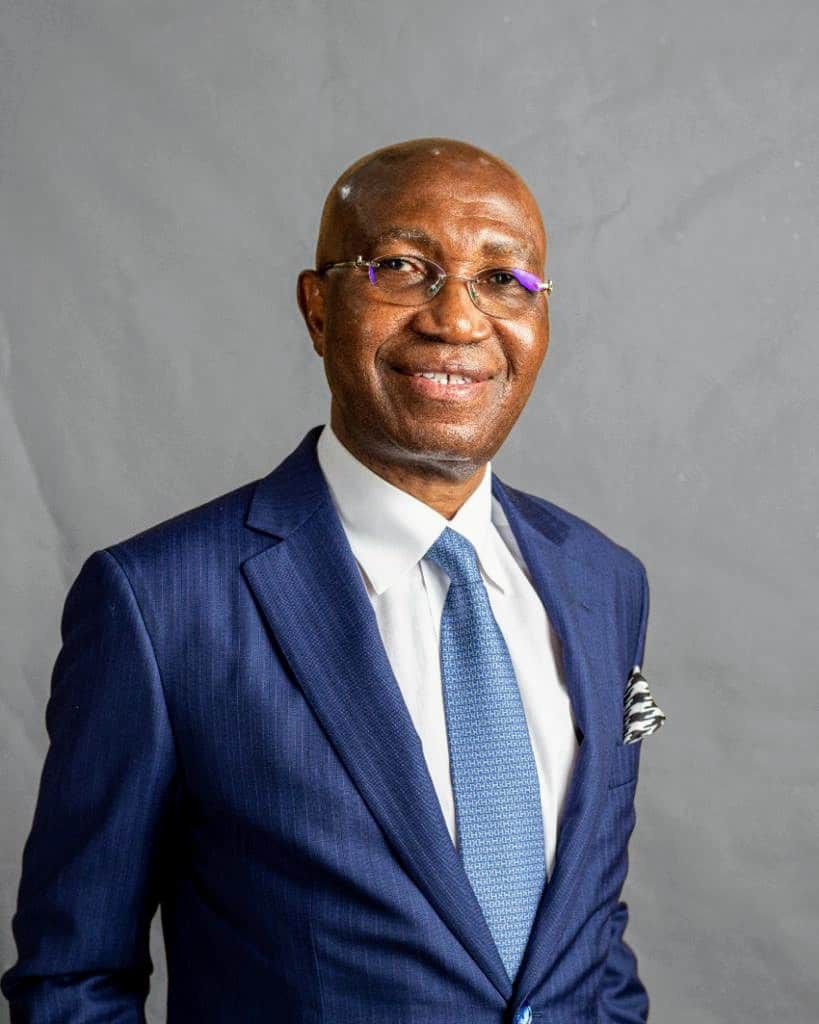
News
BREAKING: Malami Tells Court He Earned ₦12bn+ Legitimately, Seeks Release of Seized Properties
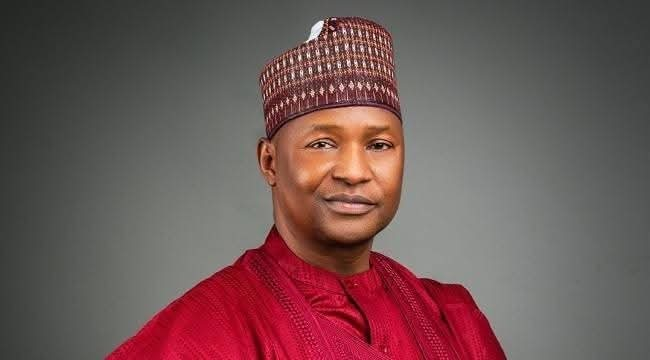
Former Attorney-General of the Federation, Abubakar Malami (SAN), has disclosed details of his earnings while asking a Federal High Court in Abuja to set aside an interim order authorising the seizure of 57 properties allegedly linked to him.
Malami made the disclosure through his counsel, Joseph Daudu (SAN), in a motion on notice filed before the court. The application seeks to vacate an interim forfeiture order affecting three of the 57 properties currently under investigation by the Economic and Financial Crimes Commission (EFCC).
According to the court filing, Malami stated that he had fully and transparently declared his sources of income in his asset declaration submitted to the Code of Conduct Bureau (CCB).
The document outlined multiple income streams, including:
₦374.63 million earned from salaries, estacodes, severance allowances, and related entitlements.
₦574.07 million generated from the disposal of personal assets.
₦10.01 billion recorded as turnover from private business ventures.
₦2.52 billion issued as loans to various businesses.
₦958 million received as traditional gifts from personal friends.
₦509.88 million realised from the launch and public presentation of his book titled “Contemporary Issues on Nigerian Law and Practice: Thorny Terrains in Traversing the Nigerian Justice Sector – My Travails and Triumphs.”
Malami’s legal team argued that the declared earnings sufficiently explain the source of funds used to acquire the properties in question, urging the court to lift the interim seizure order.
The matter remains pending before the Federal High Court as the EFCC continues its forfeiture proceedings.
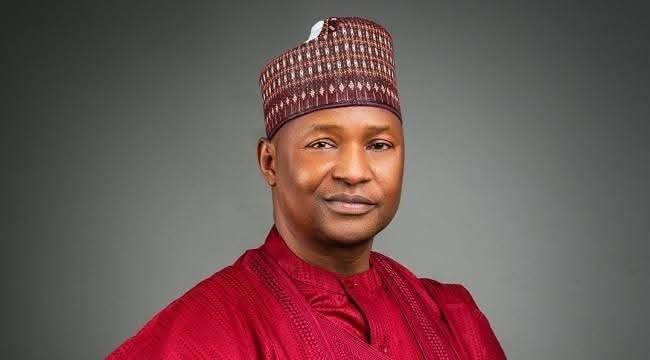


-

 News2 years ago
News2 years agoHardship: We Plan To Establish A National Commodity Board To Crash Food Prices – VP Shettima
-
News8 years ago
Blog Reader; Samson Osagiede Celebrates Fiancè Benedicta Daniels’s Birthday With Sweet Words
-
Home9 years ago
News Channel claims Donald Trump is an orphan from Pakistan,share alleged childhood photo
-
Home9 years ago
Another $175m Found in Patience Jonathan’s wife’s firm’s Bank Account
-
Home9 years ago
Oil Spillage: House of Reps Member Shares Photos of the Water her Constituents Drink .
-
Home9 years ago
Zara Buhari & Ahmed Indimi’s Wedding Access Card
-

 Sport7 years ago
Sport7 years agoModric, Marta Wins 2018 FIFA Best Player Of The Year Awards ⚽️
-
News8 years ago
The Best Video You’ve Seen Today?
